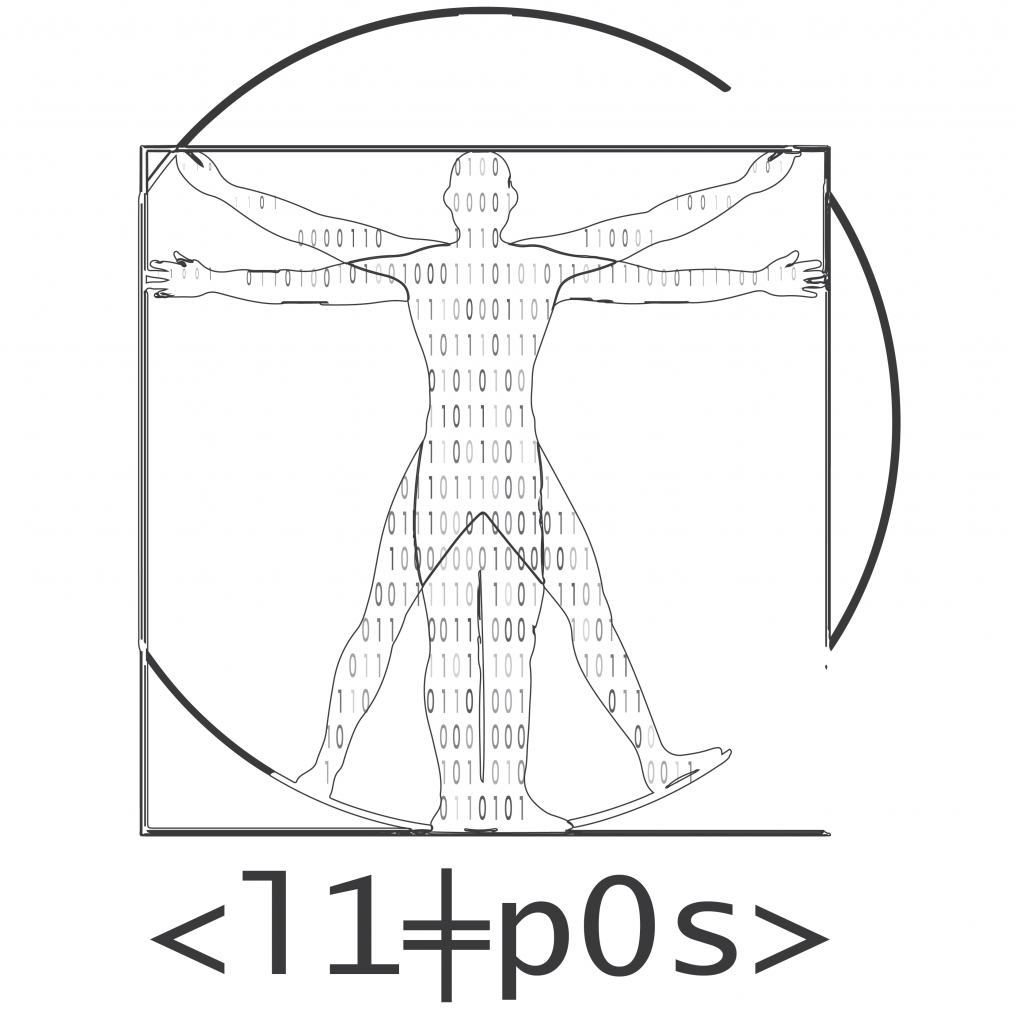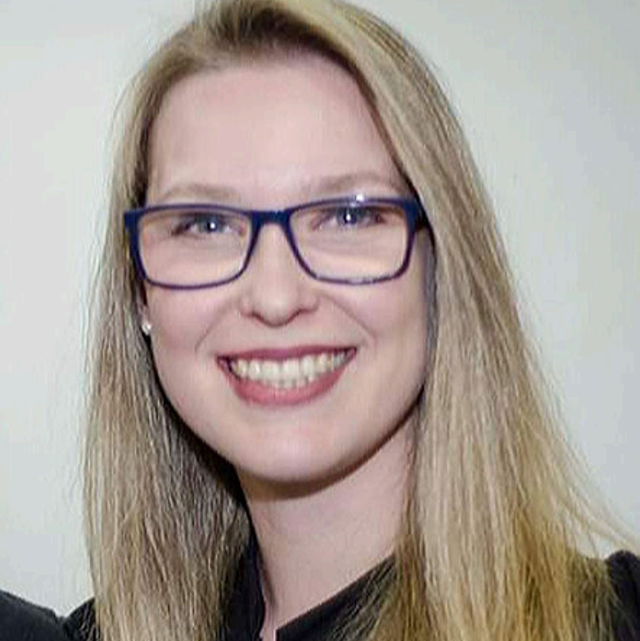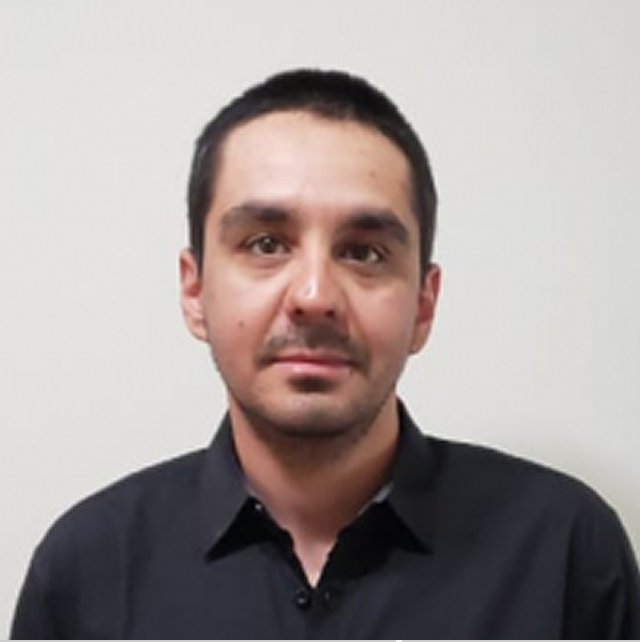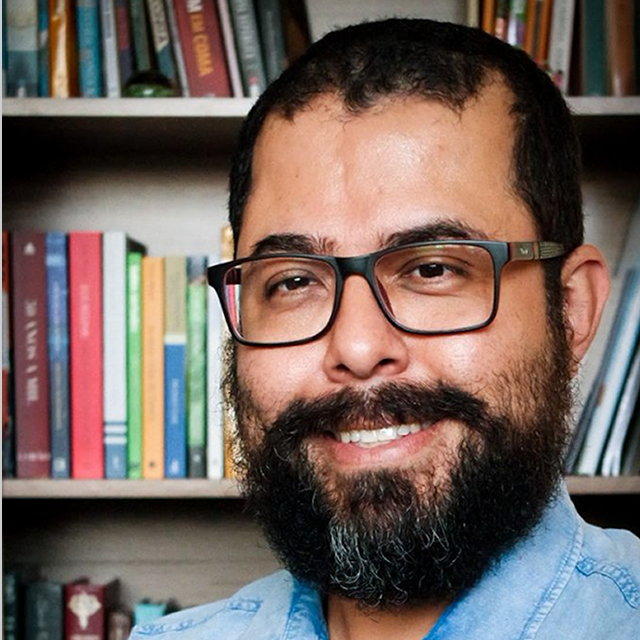LINGUAGENS, TECNOLOGIAS E PÓS-HUMANISMO | LANGUAGES, TECHNOLOGIES AND POSTHUMANISM

Our research articulates the problem of meaning-making (languages, representation and communication) with historical and contemporary forms of coupling between humans and technologies for the production of subjectivities and social practices. We seek to investigate ethical, aesthetic, political and epistemological implications of present, anticipated and/or fictional situations of suffering, oppression, exploitation and limitation of human existential and creative potential related to misconceptions and misuses of technological innovations while investigation the repercussions of doing away with the dichotomy between human and non human (culture/nature, subject/object). This includes, but is not limited to, the role of data (mass, big data, open or proprietary), computer ontologies and social algorithms in contemporary socio-discursive practices, and the repercussions of such blending of embodied signs and informational patterns in different areas of a citizen’s life, including hybrid (cyborg) literacies, identities, ethics and power relations.
Leaders: Marcelo Buzato | Gil Lourenção
PPG-LA student members
Camila Rebecca Busnardo

I am a Master’s Degree student in Applied Linguistics. My research project is focused on semiotic violence against women in social media and personal messaging applications. More specifically, I am interested in describing the ressemiotization process that starts with the deployment of such violence only and ends as an official complaint at a Women’s Defence Police Station. As a police officer, I carry out clerical work that is crucial for the establishment of the victim’s narrative as a piece of evidence, but it is difficult to represent that kind of aggression given the affordances of official criminal records systems. I am investigating the literate strategies used by the officers responsible for filing these complaints (prints, audio, photos), as well as they ways through which their subjective choices in the writing process potentiates or attenuates the narrated violence.
Cleyton Carlos Torres

The phenomenon of datafication has been gaining ever more solid contours in contemporary society, especially with the massive explosion of data being continuously generated, measured and shared by companies and governments on the most different and unusual aspects of social life and social sectors. Stratifying daily life into data correlatoons corresponds to summoning the subject for a quantitative reading of the world that nowadays refers to new forms of literacy, more precisely, new literacies constituted by the intersection of digital, informational, statistical, and computational literacies. Ordinary citizens and language educators in Brazil are, in general, not sufficiently prepared to engage with data-based representations of reality in critical ways. I was trained as a journalist, and my hypothesis is that data journalism can help educators bridge the gap between school and everyday literacies. My method includes bibliographic and documentary research as a way to define the main construct – the concept of citizen data literacy – and the use of ethnographic techniques and instruments to investigate data news practices in context. I am particularly interested in how journalists and data scientists negotiate the meanings they want the news to convey, and what role their disciplinary backgrounds play in the power relations between them.
Mário Márcio Godoy Ribas

My doctoral research project aims at conceptualizing posthuman literacies, with a view to designing language teaching and language teacher education pedagogies that exploit the possibilities a posthumanist Applied Linguistics. Posthumanism not only invites us to rethink the basic unit of reference for the human being and the human sciences, but also expands the concept of social (practice) to encompass human beings and nonhuman agents, interacting socially in a more horizontal and symmetrical way. The research on literacy, in this new way of looking at the world, requires a new theoretical proposal that surpasses usual binarism in this field of study such as digital/analogue and multiple/single, among others. In particular, a posthumanist conception of literacies demands that these practices be understood as material-discursive practices, that is, practices in which matter and discourse emerge together by intra-action, implying another look at what the contexts, the subjects, and the objects of the literacies would be. My fieldwork includes participant observation in urban and indigenous schools in the state of Mato Grosso do Sul and following human and non-human agencies that constitute learning by intra-action.
Paulo Noboru de Paula Kawanishi

I am carrying out a doctoral project which focuses on the discursive and non-discursive practices of a group of Brazilian biohackers whose subjectivities can be related to the concept of the cyborg. My theoretical background includes Actor-Network Theory and the Foucaultian ideas about technologies of the self. My method involves following these practitioners across on-line and off-line sites of gathering and knowledge sharing, tracking the texts that materialize their discourses about themselves and their views about the human. This includes community events, backyard labs, videogames and cyberpunk literature. This work can be thought of as an incursion in critical posthumanism. I hope it will provide applied linguists and other humanities and social sciences researchers with insights about subjectivation processes in digital culture and hints on what could count as research in the “posthuman humanities”.